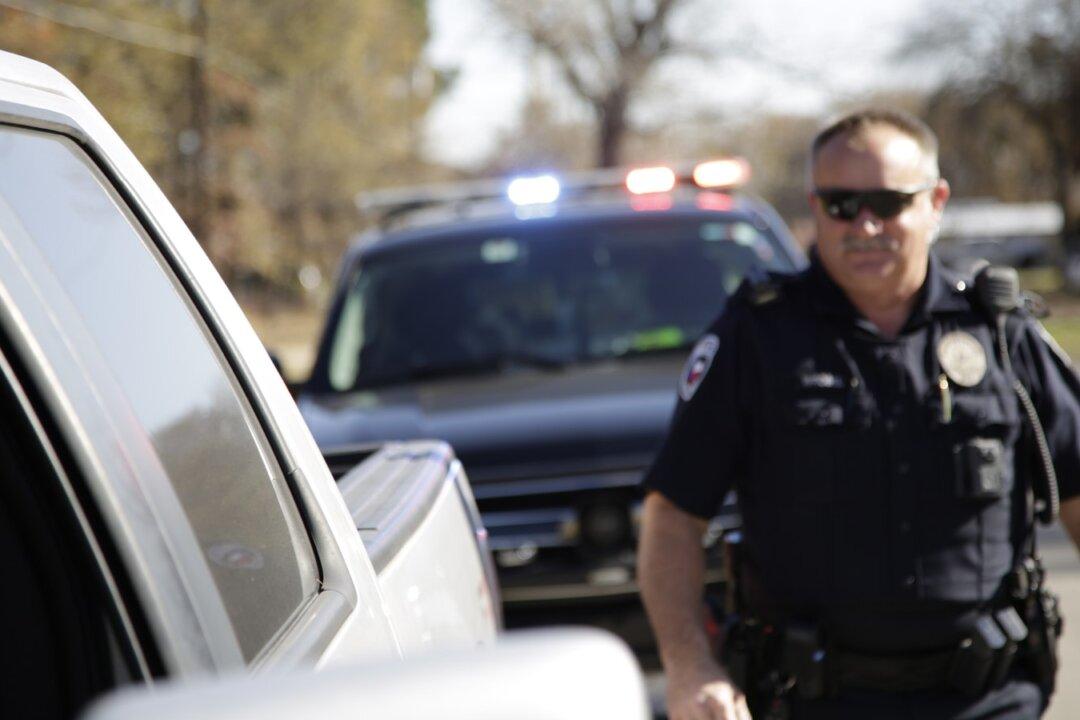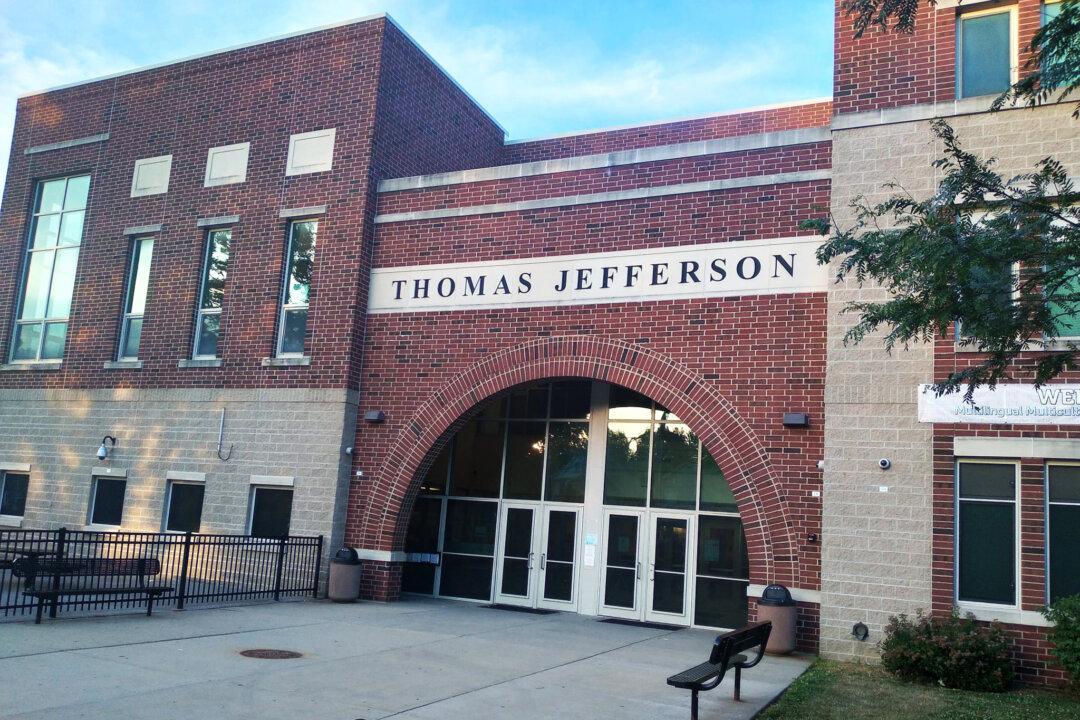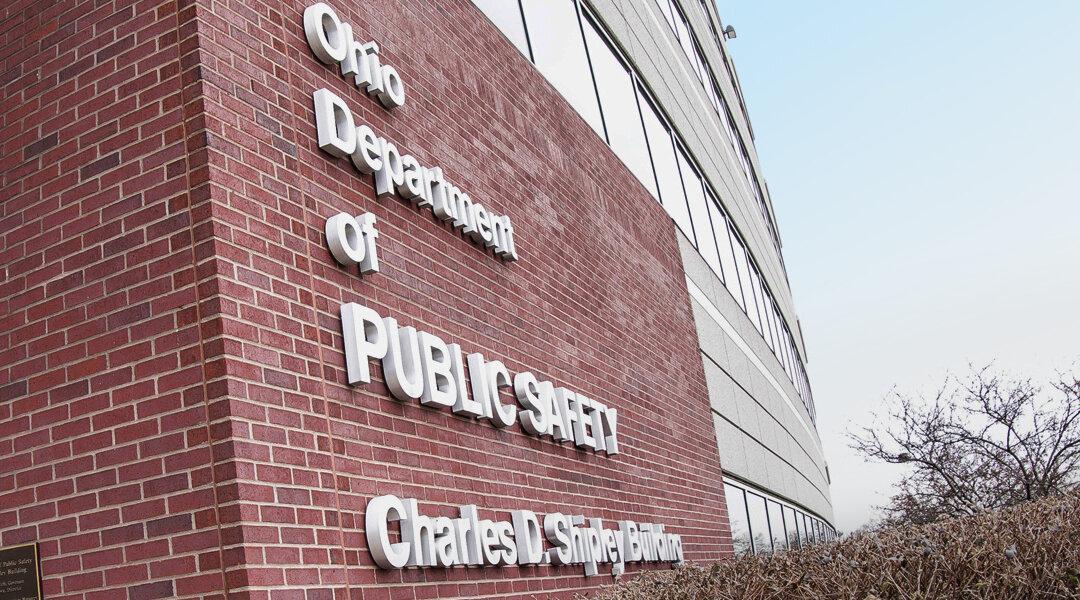As state school officials and parents see a number of Ohio schools contracting with more diversity-related organizations that provide critical race theory and transgender courses for teachers—and pay for them with taxpayer funds—those who disagree with it want others to know they are fighting back.
Some see it as so bad that they have pulled their kids out of the public school system. They prefer to home school them away from what they see as “unfathomable” and “terrifying” content being presented to their children.




